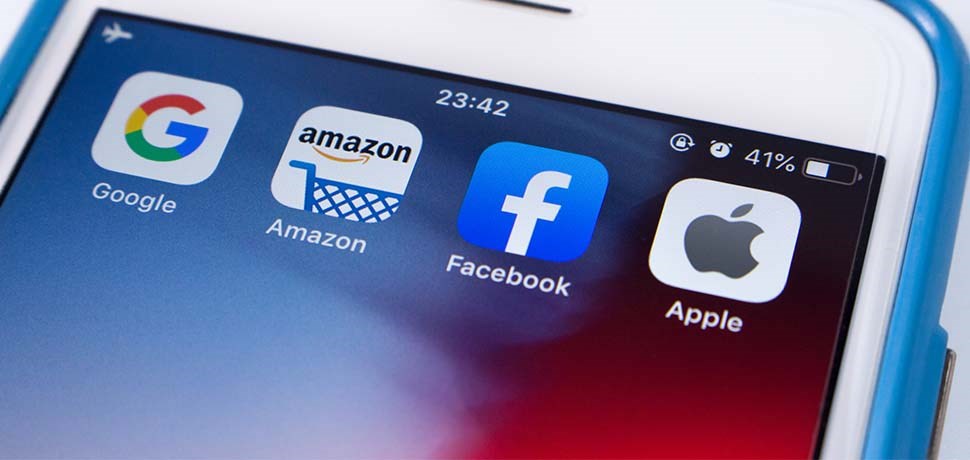Let’s get ready to rumble!
As we draw closer to the U.S. presidential election, we have witnessed the first of what may be many shots fired against Big Tech in a bid to reduce their growing influence and possibly break-up their operations.

Close to three months ago, the CEO’s of America’s Tech giants “stood” before the United States congress where they were given the clear message that they wield “too much power”. Fast forward to late October, a mere fortnight before the U.S. presidential election, and we have just witnessed the first of what may be many shots fired against Big Tech in a bid to reduce their growing influence and possibly break-up their operations.
The United States Department of Justice (“DoJ”) has filed a complaint against Google alleging that the Silicon Valley titan had unfairly made its search engine the default choice across multiple devices effectively shutting out the competition.
The DoJ alleges that Google spends billions of dollars each year entering into contracts with the likes of Apple and Samsung, just to name a few, which would exclude Google’s rivals from distribution channels such as smartphones and web browsers.
Google has of course argued that the lawsuit is “deeply flawed” and would only end up harming the consumer. It asserts that by including its Android operating system free of charge in return for making Google the default search engine, device costs are actually reduced. Furthermore, by providing its competitors with an elevated opportunity, consumers will be left with lower quality search alternatives as well as higher prices for their devices.
This case not only highlights the growing concern of Big Tech’s dominance but also the challenges the DoJ will face in implementing the antitrust regulation. For starters, it is extremely difficult to prove if a business practice is anti-competitive and whether it has caused harm to the consumer. Secondly, a consumer is only a click-or-three away from changing the default browser. The assertion that the billion-dollar barrier to entry established by Google can be thwarted by a couple of clicks could potentially make for a rather thin argument.
One has to go back more than twenty years for the last time the DoJ took such action with Microsoft standing accused of anticompetitive behaviour. In this particular case, Microsoft was accused of forcing PC makers to preinstall Microsoft’s own interest browser thereby shutting out its main competitor at the time, Netscape. What could have ended up in the break-up of Microsoft instead turned into a near decade-long court battle with an underwhelming settlement and arguably years of lacklustre antitrust enforcement.
Whether we will see a similar outcome this time around remains to be seen but the two sides will now spend months in depositions and the like before the eventual trial commences. Regardless of the outcome there has been one achievement. In the midst of one of the most divisive elections in US history, this case has united both the Republicans and Democrats on at least one point.
The DoJ has not gone into detail as to whether it would argue for a break-up of Google but perhaps the most significant outcome thus far is that this case marks the beginning of a united offensive against Big Tech, regardless of which side wins the up and coming election, as US lawmakers on both sides of the aisle attempt to wrestle power away from a group of companies whose influence on the everyday lives of consumers continues to grow in strength.